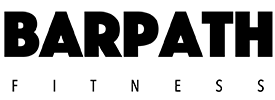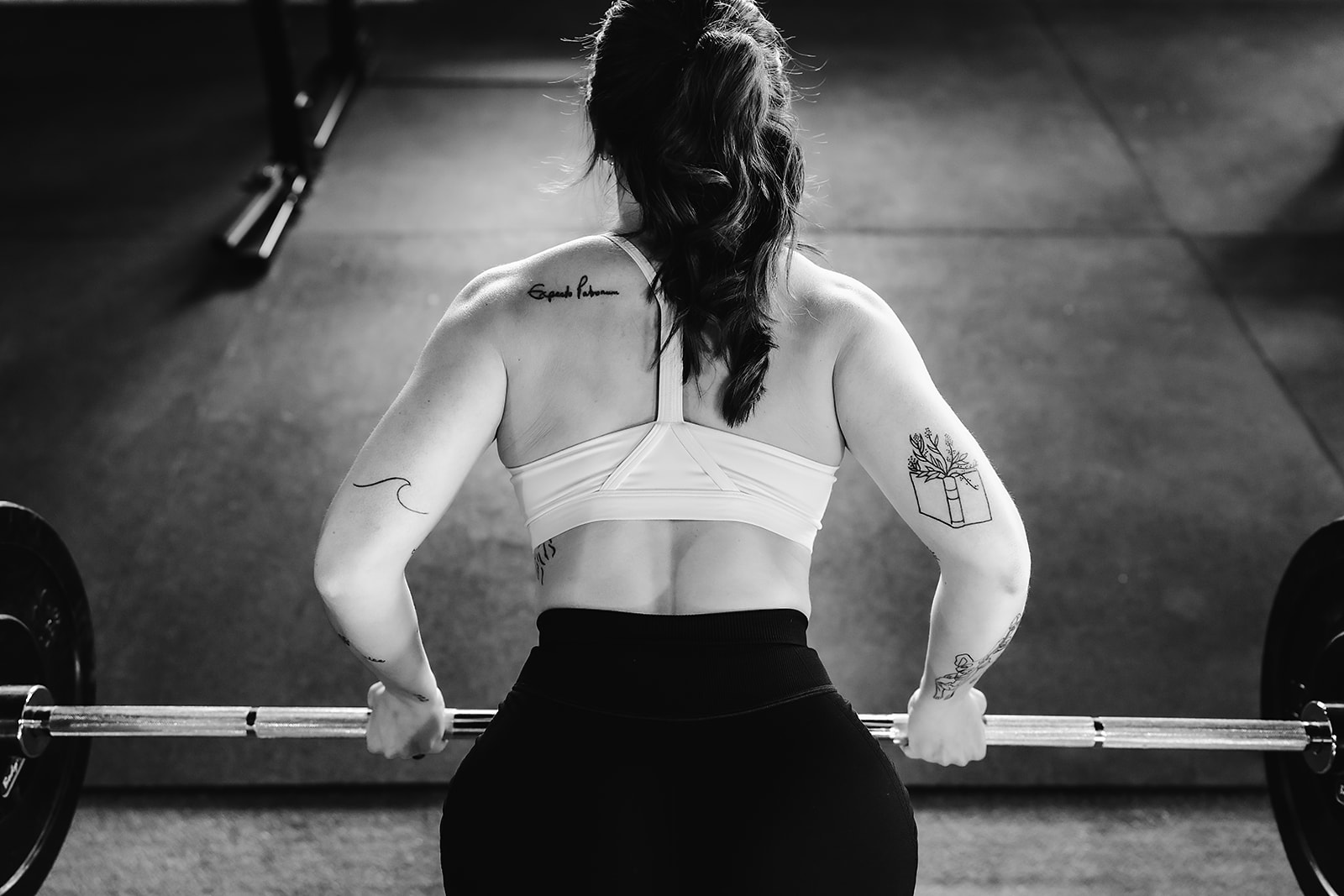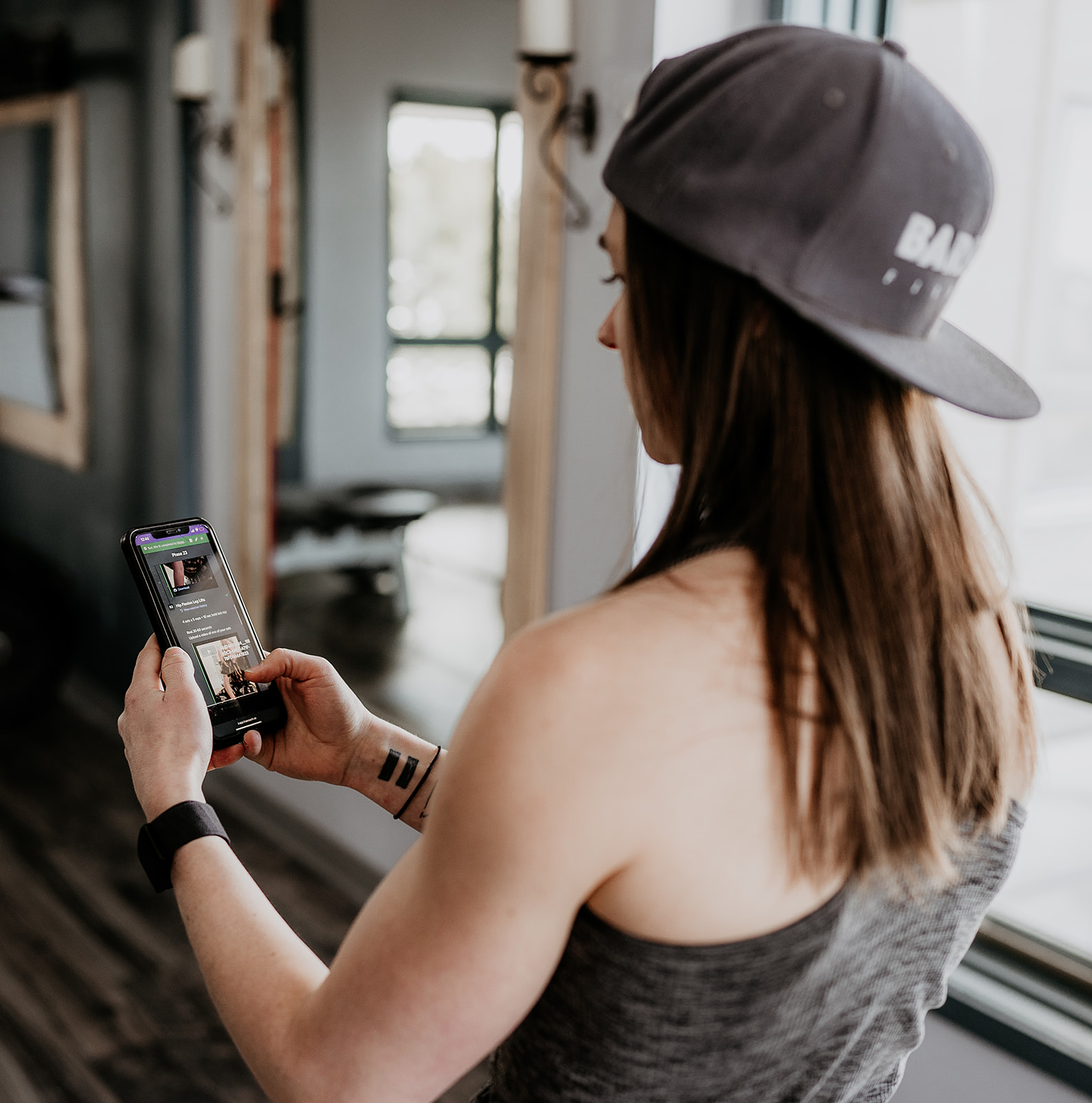Want to know the secret to aging well? This article goes over actionable steps you can implement today that can help you look and feel great right now and into your older years.
Want to watch instead? Check out the live podcast recording:
Can You Reverse Aging?
Aging is a natural part of life that brings greater self-awareness, wisdom, and the ability to make more intentional decisions. However, as we grow older—especially moving into our 60s and beyond—whether or not we’ve taken care of our bodies becomes increasingly evident. The good news is, simple habits like getting enough sleep, eating well, and staying active can make a big difference in how you look and feel as you age.
Nutrition Tips for Aging Well
Nutrition for aging looks the same throughout your life with some minor differences. It’s important to know how to track your marcos. If you are doing the bare minimum, knowing your daily protein goals and hitting them is very important. Eat more fiber through fruits and veggies and less simple cabs. Knowing why processed foods are bad for you and limiting them is also essential. This might also include knowing how much sugar is bad for you.
When you’re aging, it’s also important to pay attention to your micronutrients, which are the essential vitamins and minerals the body needs for optimal functioning. Deficiencies in particular micronutrients will most likely start to affect you in your mid 30’s and beyond. The recommended way of knowing what micronutrients to focus on is through taking blood labs once a year. Once you figure out what micros you’re deficient in, you can adjust your diet and will most likely need to take supplements. Something to take into consideration is growing your own food or eating locally produced food. Locally produced food is more likely to be grown on land where the soil still contains essential micronutrients that are then uptaken by the produce growing on it, making locally produced more nutrient rich than their store-bought counterparts.
Skin Care Tips for Healthy Aging
First and foremost, the best skincare advice is eating a healthy whole food diet and getting a good night of sleep. It’s also best to eat organic and local if you can. Organic produce and meat do not have the chemicals, antibiotics, and hormones that conventional food has that can adversely impact your health.
Try using natural products that are chemical free. The chemicals found in mainstream products can disrupt hormones, strip natural oils, and even have carcinogens. Products that contain herbs and natural ingredients can naturally balance out what kind of skin type you have with no long-term exposure consequences. Collagen is a protein your body naturally produces, and is essential for maintaining the structure, strength, and elasticity of different tissues in the body. Natural collagen production tends to drop in our 30’s. It’s an important nutrient that you can add to your diet through eating soups made from bone broth or through supplementing it into your diet. Well-sourced collagen can positively benefit your skin, joints, bones, tendons, ligaments, and gut lining.
It’s also important to get sun on your skin, but not too much sun, or you can get wrinkles and even overdose of vitamin D. How much sun you need is based on your skin tone, location, time of year, and how much of your skin is exposed. A good rule of thumb is to get outside often and wear sunscreen when needed.
GHK-Cu is a peptide gaining attention for its skin health benefits. Naturally found in human plasma, it helps reduce inflammation and oxidative stress by supporting the production of collagen and other proteins essential for skin and hair repair. GHK-Cu may also help regulate overactive immune responses, which is beneficial for conditions like eczema. Talk to your doctor if you would like to see if GHK-Cu is a potentially beneficial peptide for you to take.
Fitness Tips for Staying Healthy
You can get away with a lot when you’re younger, especially with strength training and other exercise. But as you age, Knowing how to train with progressive overload becomes essential. Having a well-designed program is key to maximizing your results.
Cardio is also important, and it doesn’t have to be intense—getting your steps in through daily walks or hikes is often enough. In fact, excessive exercise and high-intensity cardio like long-distance running or HIIT create excessive oxidative stress, which can hinder recovery and negatively impact skin health as you age.
It’s also important to incorporate plenty of NEAT (non-exercise activity thermogenesis) into your day—things like gardening, housework, or simply moving regularly throughout the day all contribute to overall health.
Want to learn more about aging well? Listen to episode 229 of The Stronger Than Your Boyfriend Podcast: Aging Well



